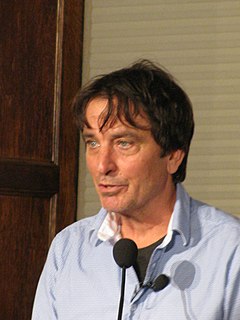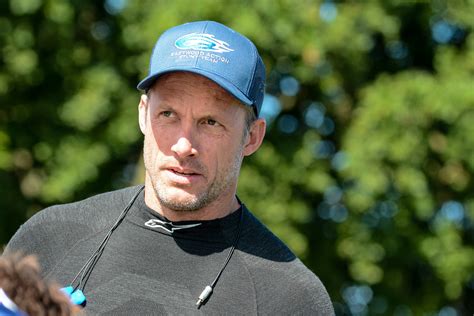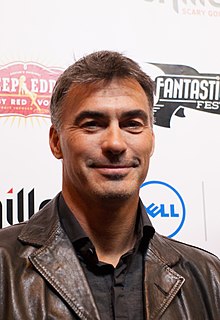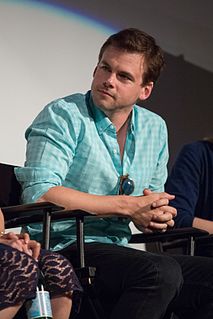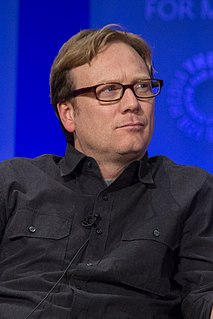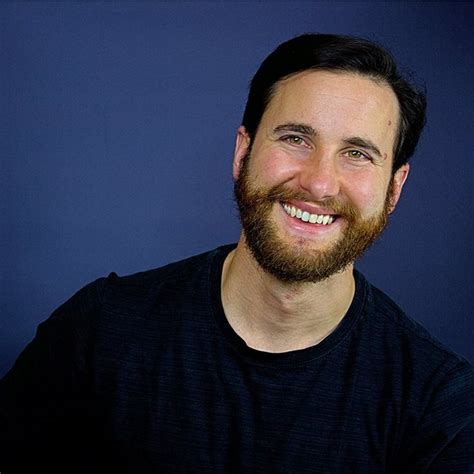Цитата Джеффа Джонса
Любой персонаж может найти аудиторию и работать, если у вас есть страсть к этому персонажу. Возможно, вам придется просто соскоблить грязь и ракушки, вытащить их и выделить.
Связанные цитаты
По моему опыту, все, что происходит, цепляется за нас, как морские ракушки за корпус корабля, слегка замедляя нас, одновременно уродуя и придавая нам текстуру. Вы можете царапать сколько угодно, вы можете, если у вас есть деньги, нанять кого-то другого, но ракушки вернутся или, по крайней мере, оставят пятно на стали.
Я ищу разнообразный спектр ролей. Если бы я только что был в крупнобюджетном фильме для более молодой аудитории, то я хотел бы найти небольшой, более ориентированный на персонажей фильм, который мог бы быть для более зрелой аудитории. Или, если я играю более глупого персонажа, то, может быть, я хочу сыграть серьезного психопата. Но в то же время, как правило, в каждом конкретном случае я оцениваю достоинства роли по сценарию, который мне дали, и это обычно имеет меньше общего с более широкой структурой и больше связано с тем, как часть лично обращается ко мне в тот момент.
Проблема в том, что существует так много историй, в которых я могу вытащить этого супергероя, добавить любого другого супергероя, и история работает одинаково. Для меня это сломано. Я должен написать историю, в которой не может быть никого, кроме Аквамена или Шазама, и как только вы вытаскиваете этого персонажа и включаете кого-то другого, это не сработает.
В то время я обычно говорил: «Мы должны продвигать это как «Все любят Рэймонда». Это просто парень, имеющий дело со своей семьей». Вместо этого было невозможно устоять перед тем, чтобы показать всех этих забавных людей. Итак, я на самом деле думаю, что это может быть более привлекательным для новой аудитории, потому что они могут просто посмотреть на одного персонажа, узнать, что происходит в его жизни, а затем встретиться с другим персонажем и узнать, что происходит в его жизни, а затем посмотреть, как он пересекается с другим.
Это банальная актерская фраза, но первый шаг заключается в том, что вы не можете судить о персонаже, которого играете. Если он построен в трехмерном стиле, вы просто играете за персонажа, который выходит на улицу и ищет лучшую версию своей жизни, какую только может найти. Это дает персонажу доступность, с которой каждый может себя идентифицировать.

